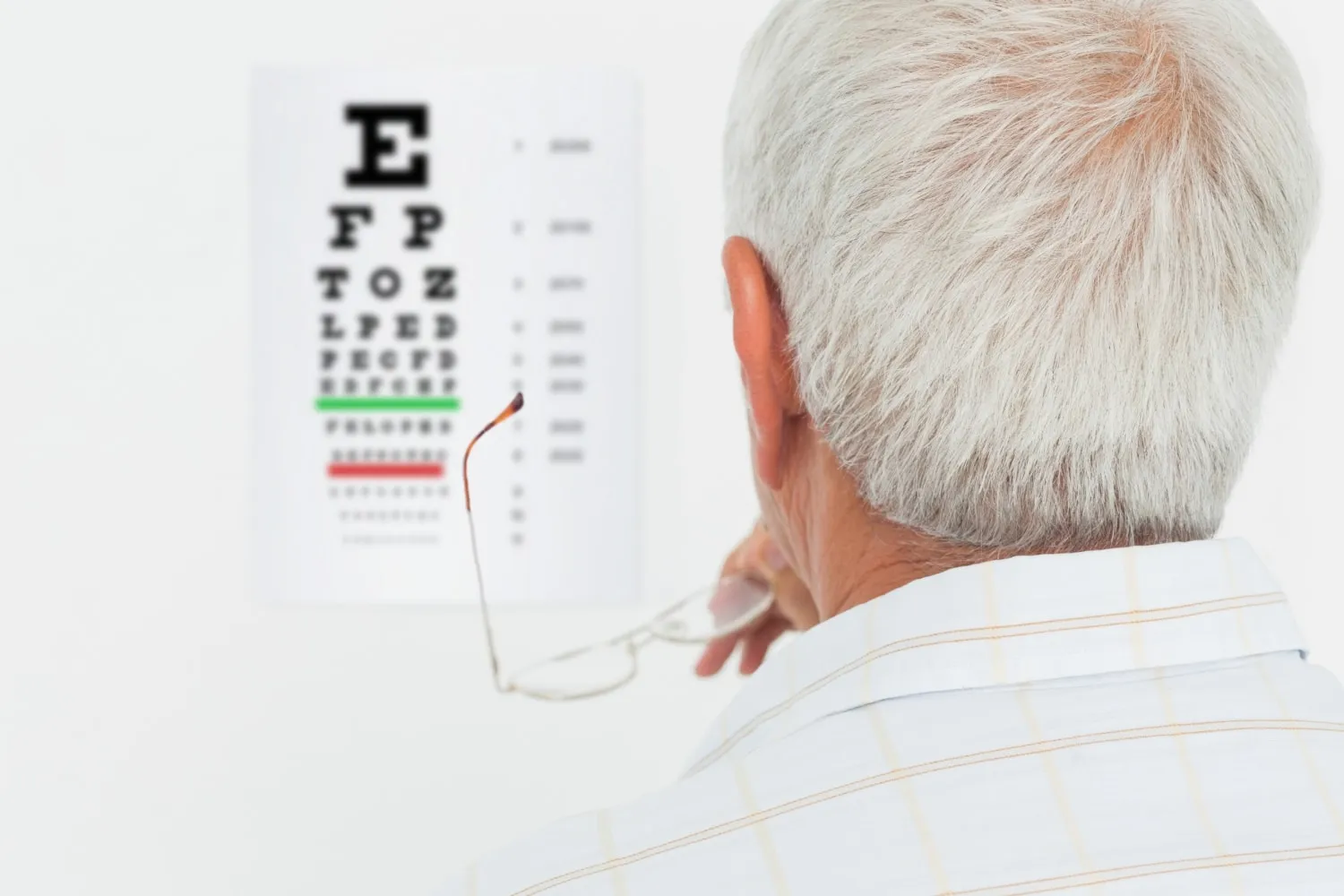The waterfalls are one of the most common causes of vision loss after the age of 60. In fact, virtually everyone develops some degree of cataract if they live long enough.
Many times patients delay surgery because they still have some vision, because they think it is "not urgent". or by fear of the procedure. It is normal to have doubts: do I really need surgery now, can I wait a little longer, what happens if I let it go? The reality is that cataracts do not disappear on their own and cannot be corrected with glasses or medication: if left untreated, it will continue to progressively advance.. Understanding what happens when you don't have surgery in time helps you make an informed decision and take care of your long-term eye health.
Consequences of not having cataract surgery
1. Progressive loss of vision
The cataract does not stop on its own: the lens continues to opacify over time.
- At first, only blurred vision or a "foggy" feeling is noticed.
- Over the years, visual acuity decreases significantly to the point where it is impossible to read, watch television or recognise faces.
- In advanced cases, the patient may be left with only light and shadow perception.
ImportantThis process is irreversible with medical treatment; there are no drops, pills or glasses to slow it down.
2. Difficulties in daily life and loss of autonomy
Blurred vision directly affects quality of life:
- Driving problems, especially at night, due to glare from lights.
- Difficulty reading, sewing, using screens or performing fine tasks.
- Mayor risk of fractures with falls, trips, domestic accidents.
Often patients become dependent on family members for day-to-day activities, which has an impact on their independence and emotional well-being.
3. Hypermature" or "Morgagnian" cataract risk
If surgery is postponed for too long, the cataract hardens and can become hypermadura:
- The lens becomes very opaque, whitish or even dark brown in colour.
- May increase volume and cause eye inflammation.
- The operation in this state is technically more complex and has higher intraoperative risks.
4. Increased risk of other eye diseases
In advanced stages, an untreated cataract can trigger or aggravate other pathologies:
- Phacomorphic glaucomawhen the crystalline lens becomes enlarged and raises intraocular pressure.
- Intraocular inflammations (uveitis) due to the release of proteins from the lens.
Increased difficulty in detecting and treating diseases such as macular degeneration o diabetic retinopathyThe cataract makes it impossible to see the back of the eye properly.
5. Psychological and social impact
Progressive vision loss can lead to:
- Anxiety or fear of going blind.
- Social isolation due to difficulty in leaving home alone.
- Depressionespecially in older people who feel they are losing autonomy.
6. Limitation of surgical prognosis
The more advanced the cataract, the more difficult the operation:
- Increased use of ultrasonic energy during phacoemulsification.
- Increased risk of damage to the cornea, lens capsule or retina.
- Slower and, in some cases, less satisfactory visual recovery.
Intermediate-stage surgery is usually safer, faster and with better visual results.
Cataract surgery safety and patient fears
It is very common for patients to delay surgery out of fear: fear of "going blind in surgery", fear of pain, or fear of not being able to recover well. These fears are understandable, but in today's medical practice, they are far removed from reality.
The cataract surgery is today one of the safest and most widely performed procedures worldwidewith millions of interventions each year and a success rate of more than 95%. Thanks to advanced techniques such as phacoemulsification employed in Dr. Nebro Clinic and advances in intraocular lenses. The procedure is performed in a safe hospital environment, under local anaesthesia in drops, without pain and without the need for hospitalisation, allowing the patient to return home the same day and resume normal activities within a few days.
In addition, the procedure is carefully planned with pre-operative tests that allow the most suitable lens to be chosen for each patient. This not only restores clear vision, but in many cases also reduces dependence on glasses.
Conclusion
Cataracts do not go away on their own and, if left untreated, progressively advance, affecting vision, independence and quality of life. Delaying surgery too long not only limits vision, but also increases the risks and complicates the procedure.
Thanks to today's technology, cataract surgery is fast, safe and effectivewith excellent visual results and a recovery that allows the patient to return to normal activities within a few days.
If you feel that your cataracts are interfering with your daily life, your best bet is to consult an ophthalmologist you trust. At Clínica Dr. Nebro you will receive a personalised diagnosis and follow-up and they will help you to determine the best moment for the intervention and to recover the visual quality you deserve.



